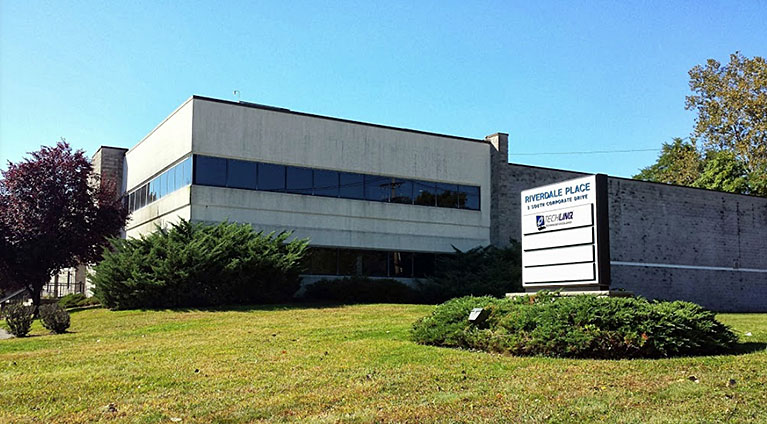
When it comes to replacing your company’s servers, you should review aspects of your existing server infrastructure and consider the implications of the upgrade. Answering questions related to reliability, performance, security, and scalability will allow you to make the right decisions and ensure the upgrade aligns with your company’s long-term goals.
What is the condition of your current servers?
Answering this question will help you decide whether it’s time to replace your servers. How long have you had the servers? Are they still performing at optimal levels? Are there any recurring issues that disrupt your operations? By having a clearer understanding of the condition of the existing infrastructure, you can make a better, informed decision.
What are your server capacity and performance requirements?
Do your existing servers meet the demands of your user base, data storage, and applications? Take note of your servers’ performance metrics such as memory and CPU utilization to pinpoint any issues in performance that can affect the productivity of your employees. Understanding your current and future server capacity needs is essential when considering a replacement server.
What is your budget?
Purchasing new servers is a huge financial investment, so it’s important to have a budget that’s within your company’s capabilities. When talking to vendors, you should ask about the total cost of ownership, including software licenses, support, and maintenance. Consider whether leasing or hosting your servers on the cloud can provide a more cost-effective alternative to buying new ones. By determining your budget constraints, you can narrow down your options and make a more sound decision.
Can the new servers integrate with the existing infrastructure?
Ensuring the replacement servers work well with your current setup is extremely important. The new servers should integrate seamlessly with your existing applications, storage systems, and network to prevent disrupting critical business operations.
What are your security and compliance requirements?
Replacing servers is a good opportunity for you to improve your company’s security measures. They should be designed to meet industry compliance requirements and come with security features such as intrusion detection, access control, and data encryption. This ensures that the new hardware can align with your security requirements and protect sensitive information.
What is the expected life span of the replacement servers?
When looking for new servers, you should consider a vendor’s commitment to providing support, patches, and updates to their hardware. Servers with a long life span can minimize disruptions in the future as well as save you money.
What are your future growth plans and scalability requirements?
You should also think about the growth plans and scalability requirements of your organization. The replacement servers should be able to accommodate sudden increases in user base, data volume, and application demand.
In addition, consider the servers’ virtualization capabilities, expandability, and the ability to add or remove server nodes. Servers that can easily scale with your company’s growth will ensure long-term efficiency and productivity.
By thoroughly reviewing these questions, you can ensure that your new servers can easily support your company’s technology needs and future growth. To learn more about server replacement, give our experts a call today.



